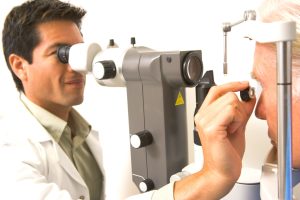Every year, nearly 46,000 Americans die and another 1.2 million attempt to take their own lives, according to the American Foundation for Suicide Prevention. It’s not uncommon for loved ones to agonize for years about “what if” and what might be done differently – possibly blaming themselves or others for not seeing the signs or being more proactive in protecting the person from themselves. And most of the time, it’s a fruitless mental spiral because hindsight is 20/20 and of course you’d have intervened if you knew what was coming and had the power to stop it. 
But what if an individual or organization was responsible for overseeing your loved one’s physical well-being and mental health and they managed to commit suicide anyway? What if red flags were missed? What if the people entrusted to care for your loved one – knowing their risk of self-harm – didn’t make absolutely sure they were safe?
In these cases, you may have grounds to sue for suicide. These third-party lawsuits assert that the doctor, hospital, or other organization owed your loved one a duty of care, breached that duty, and your loved one died as a result. As noted in a 2019 article published in FOCUS, The Journal of Lifelong Learning in Psychiatry, suicide is a top cause of liability against psychiatrists treating adult patients.
But are such cases medical malpractice or general negligence? The answer matters because, as our Palm Beach medical malpractice lawyers can explain, the proof burden and pre-suit requirements for medical negligence cases are more time-consuming, expensive, and tedious than what’s required to initiate a general negligence action. It has a shorter statute of limitations than injury cases (2 years instead of 4), though it’s the same for wrongful death cases. Also, the plaintiff is required to provide expert witness testimony at the outset of the case just to be allowed to proceed. Naturally, anyone named as a third-party defendant in a suicide liability lawsuit is going to argue the case is medical malpractice because that will make it tougher and more costly for the plaintiff.
But just because the defense says it’s medical malpractice doesn’t mean it is. Sometimes, it’s up to the courts to decide. Continue reading
 South Florida Injury Lawyer Blog
South Florida Injury Lawyer Blog










